Fairies are very much alive and thriving here in Ireland. You may or may not be surprised to learn that, in Irish Culture, fairies are not just part of history and mythology. Belief in the ‘Wee People’ is still alive and kicking.
All over the globe, there are legends of Trolls, goblins, ghosts, mermaids, giant yeti, and all manner of fantastical creatures
But right here in Ireland, we have our own magical creatures. Banshees, leprechauns, and, most importantly, fairies still inspire respect and wonder in Irish society.
Do People in Ireland still Believe In Fairies?
If you ask an Irish person, ‘So, do you believe in the fairies?’ you may be shocked by the answer they give. For Centuries, Irish people had strong beliefs that the fairies or the ‘Little People’ were all around us.
Tales about fairy folk helped to explain natural occurrences. The villages, plants, and objects associated with the ‘Little People’ commanded respect and admiration.
Today, particularly in Irish rural areas, people still hold dear the traditions and beliefs of their forebears about otherworldly happenings.
A clue might lie in Ireland’s lack of industrial development for the past 100 years or more. Sometimes it is said that society in Ireland moved from the 19th century straight into the 21st and missed out on an entire century!
Some of the most rural and isolated parts of Ireland were not fully electrified until the late 1970s. Two decades later, the ‘dotcom’ companies were leading the Irish Celtic Tiger economy of the late 1990s. Boom!
Ancient myth and wonderment still exist alongside motorways and digital hubs here in Ireland.
If you have visited Ireland, Particularly the West, you’ll know that this clash of cultures is a major part of the charm for visitors.
A Fairy Tree That Moved an Irish Motorway
There is a very special Fairy tree in Latoon area of County Clare on the West coast of Ireland. So in 1999, a motorway was planned by the local Council. Locals were up in arms. Why was this? They believed that a large hawthorn Fairy Tree along its planned route was the meeting point for clans of opposing fairies.
The renowned storyteller Eddie Lenneghan, a local folklorist, headed up the campaign. He warned them that…
“If they bulldoze the bush to make way for a planned highway bypass, the fairies will come. To curse the road and all who use it, to make brakes fail and cars crash, to wreak the kind of mischief fairies are famous for when they are angry, which is often.”
The story captured the imagination of the world and gained international attention. “If you believe in the fairies, don’t bulldoze their lair,” went the headline in the New York Times on June 15th, 1999.
Eddie Lenneghan must have been a most persuasive man. The motorway was moved to save the fairy tree. And the sacred hawthorn is still visible to motorists on the Highway. I am proud to live in a country where this has happened.
Even to this day, Irish people are very reluctant to interfere or harm a hawthorn or “Fairy Tree” Hawthorns are a common, wild shrub that grows in hedgerows all over Ireland. They are also known as whitethorn due to their display of tiny white flowers every summer.
The Rag Trees of Ireland
The Irish Rag Tree tradition provides yet more evidence that belief in the fairy realm lives on. People hang coloured rags and bits of cloth on the branches of hawthorn trees to gain good luck or to help a sick relative or friend get well again.
This tradition lives on to this day. Rag trees are often located near holy wells and date back to pagan times.
The Fairy Forts or Ring Forts of Ireland
Yet another place where fairies can meet is at Ring Forts or “Fairy Forts” Ancient monuments that dot all over the Irish countryside. They are 60,000 of them in Ireland including dolmens, hill forts, ring forts, and stone circles.
In fact, if you were to ask a local they will point one out to you within a couple of kilometers
The origins of these monuments are still mysterious today, with many theories by archaeologists about their purpose. In the past, the people of Ireland used fairy folklore and myths to explain their presence. To them, these ancient monuments were simply “fairy forts” the places where fairies lived and that was that!
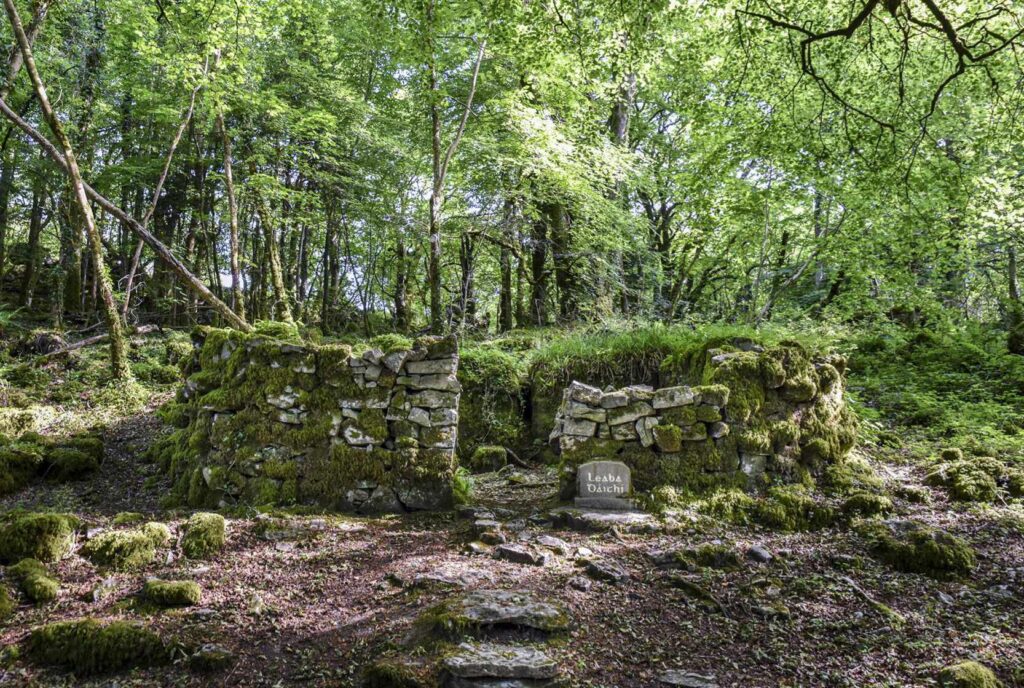
What Do the Fairies of Ireland Look Like?
Do not confuse Irish fairies with the small, super cute winged figures you’ll find in Peter Pan or a Disney movie. They look just like us only smaller in stature. In the old days, people believed that fairies in Ireland were neither human nor ghosts or banshees but rather natural beings with supernatural powers.
They can die; just as they are able to give birth to children. They can be generous and could bring good luck, fortune, and prosperity. But if you harm them or their property, they can be extremely vengeful and wicked.
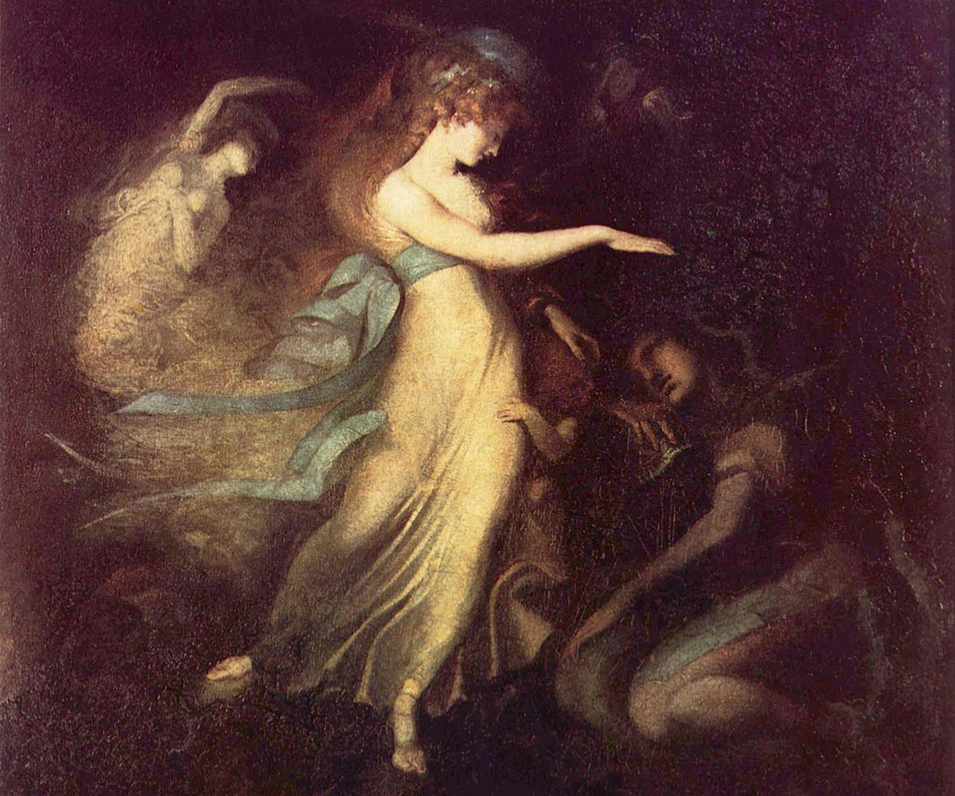
The Poet WB Yeats and the Fairy Realm
The famous and revered 20th-century Irish poet and playwright, William Butler Yeats, took fairies very seriously, He was drawn to mysticism, spiritualism and the throughout his artistic work and daily life and wrote this poem called The Stolen Child, The poem was written in 1886 and is considered to be one of Yeats’s more notable early poems. The poem is based on Irish legend and concerns fairies beguiling a child to come away with them.
“Come away, O human child!
To the waters and the wild
With a faery, hand in hand.
For the world’s more full of weeping
than you can understand”.
Yeats was awarded the Nobel Prize for Literature in 1923 and is recognised as one of Ireland’s greatest treasures.
Fairy Traditions in Irish Society
It was believed that fairies had their own pathways and roads and they would travel from place to place. When building houses it was not unusual to mark out the shape of the house with willow rods or small stone cairns. These would be left overnight to see if the house was “in the way” of any of these fairy paths.
If the sticks or stones had been disturbed in the morning, it was believed that the house was in the way of a fairy path and its proposed location would be moved. It was vitally important not to build your house on a fairy pathway because to do so would bring bad luck upon the household.
Keep the home fires burning
In recent history (before the advent of central heating!), the last chore of the night before bed would be to smother the fire in the hearth while not allowing the embers to fully go out. This custom was due to the belief that if the fairies were to stop by during the night they would be displeased to find no embers in the fireplace, to keep them warm.
Appeasing the Fairies
As well as the other precautions mentioned above, if a family believed they had displeased the fairies they could leave offerings of milk and honey on the doorstep to placate them. Historically, garlands were often made of marsh marigolds that were hung over barn doors to protect the horses from being ridden to exhaustion by fairies during the night.
Flowers, especially primroses, were spread over windowsills and hung above the doorposts of the house for safety. The most powerful plant, however, was a plant called St. John’s Wort, wearing it was said to provide strong protection from fairy magic and mischief.
Fairies in Modern Ireland
Nowadays Ireland has embraced the Fairy realm in a different way, From the abundance of Fairy doors you can discover scattered around our woods to the Solar Powered Fairy Houses and Accessories that are used in the very popular Fairy Gardening hobby, there is a new generation of fairy-loving folks to keep the traditions alive
Do Fairies Exist in Ireland?
So from the Ancient monuments that scatter the Irish landscape to motorways being moved because of fairy trees, Ireland was, and still is very much the land of the fairies. Are they real? Well, we believe they are!

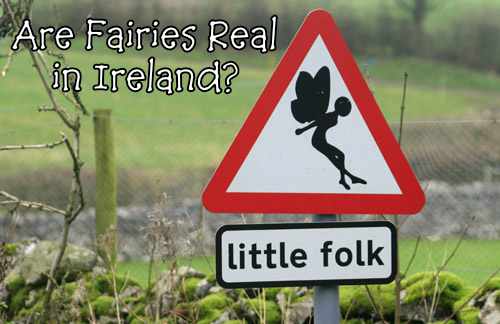
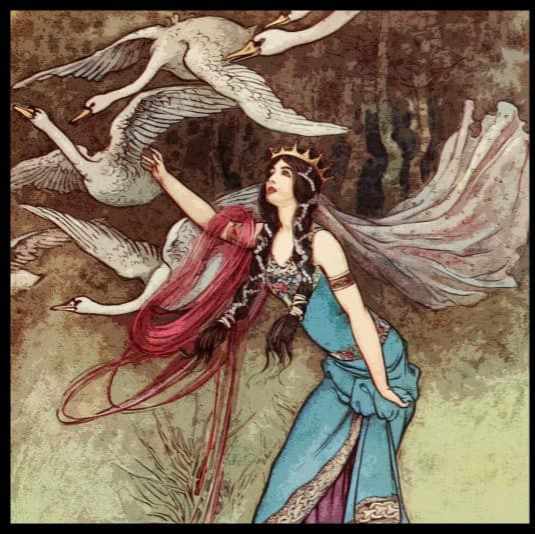
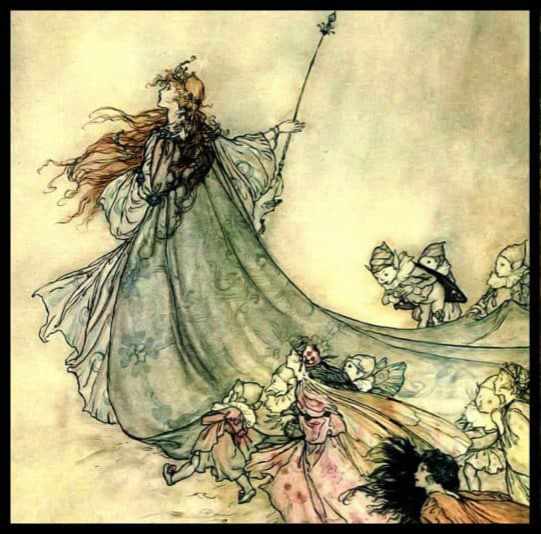
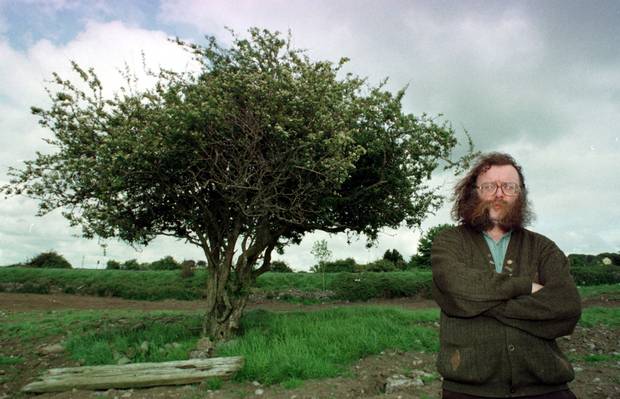
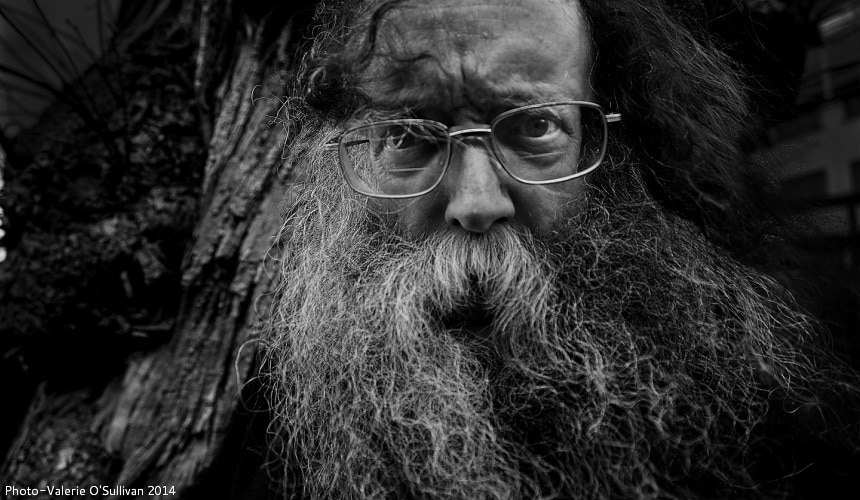
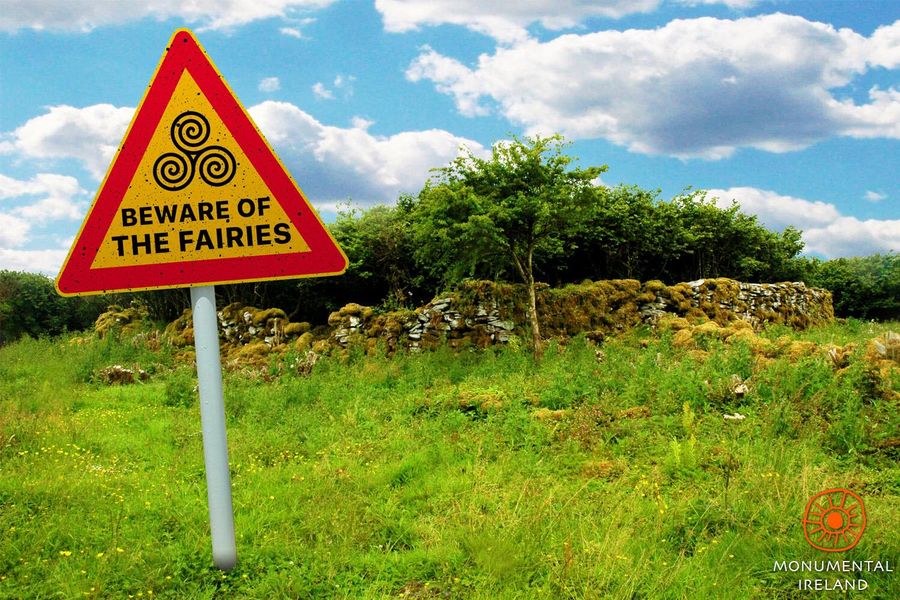
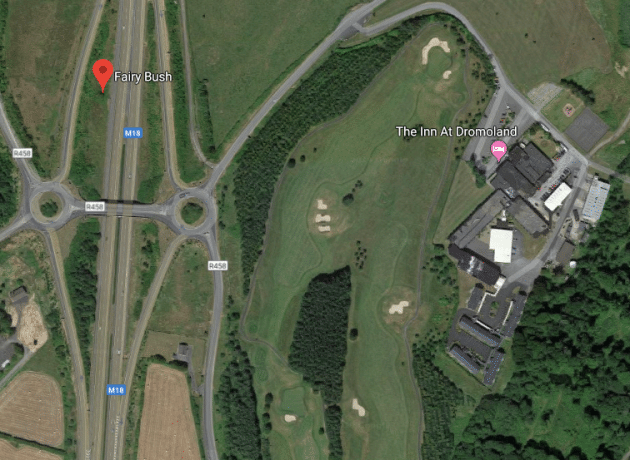
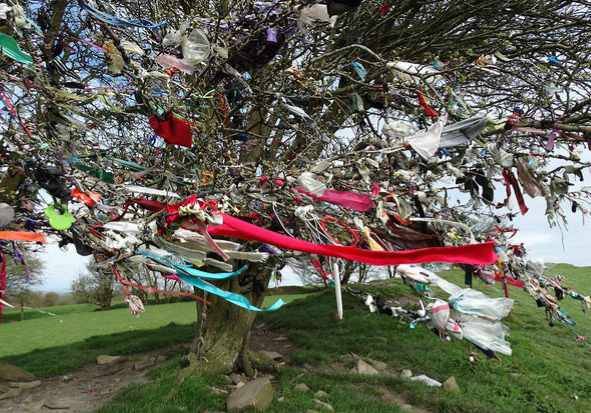
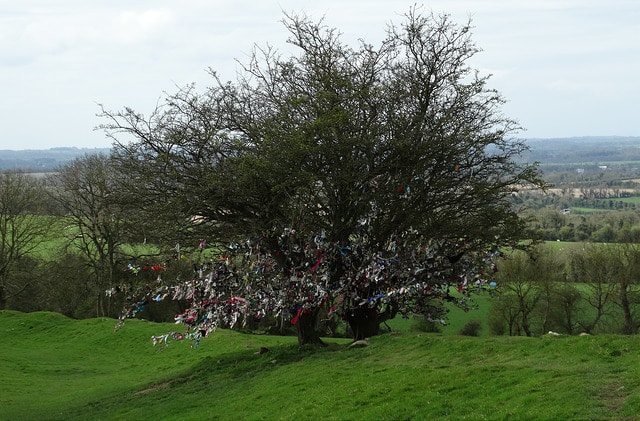
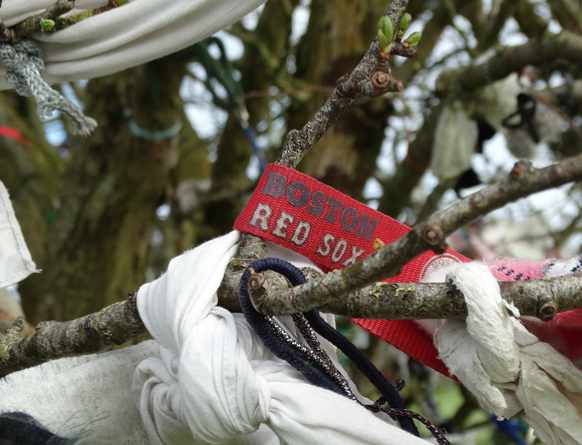
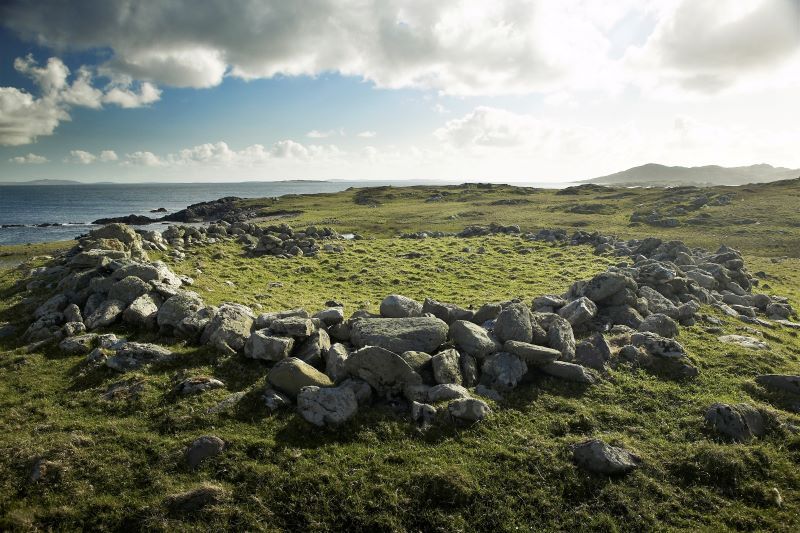
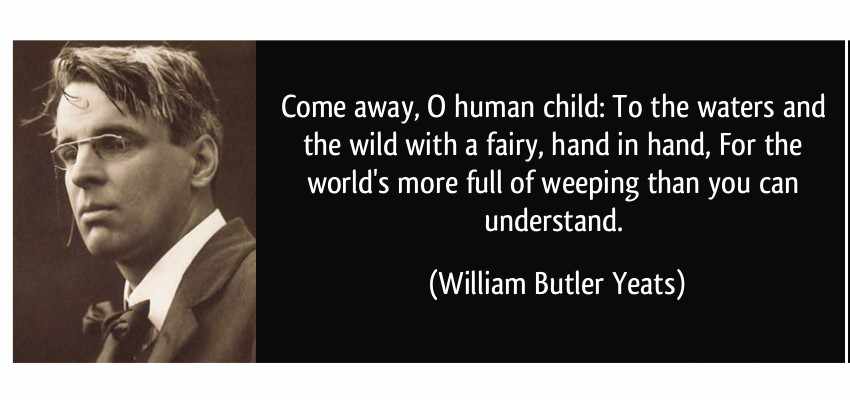
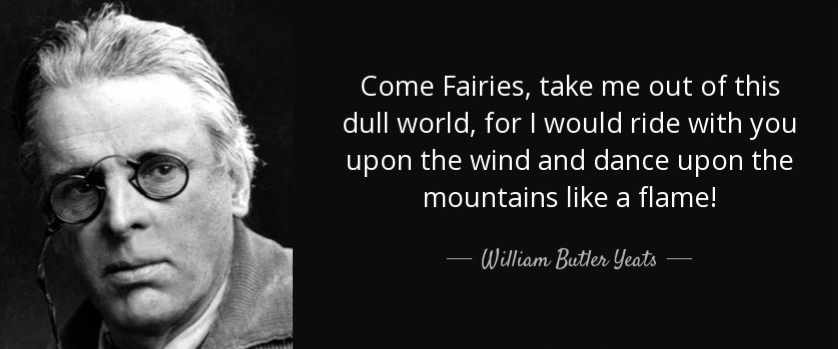
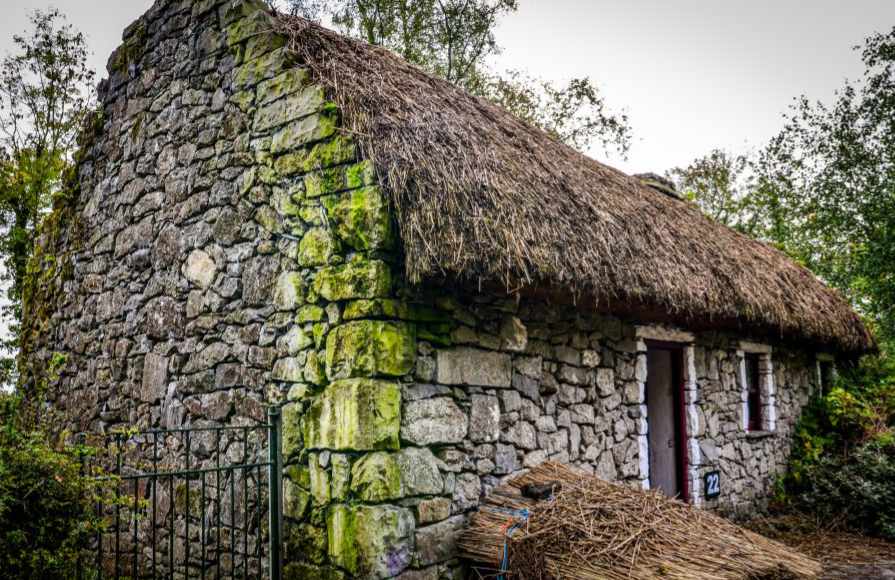
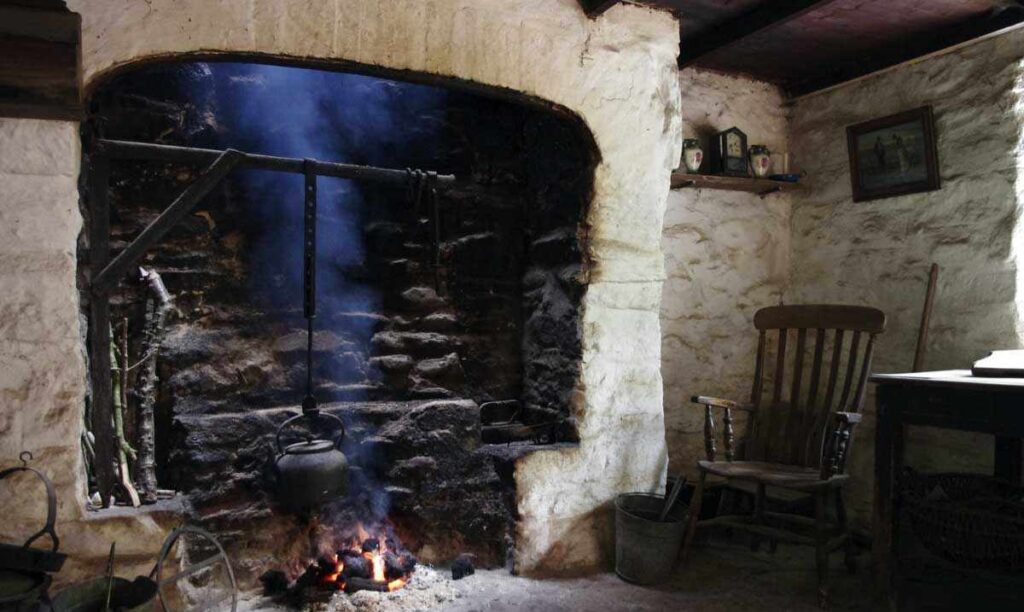
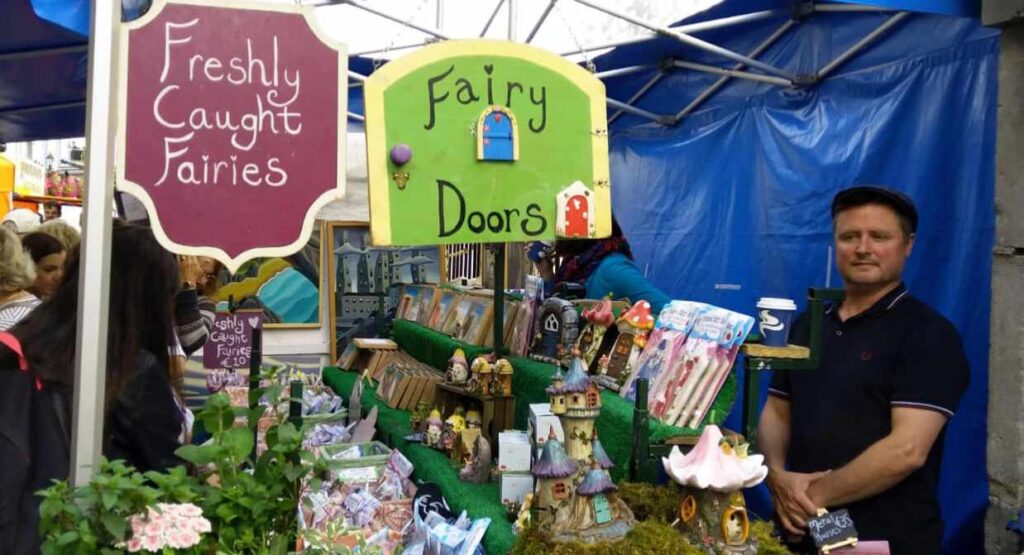
0 Comments